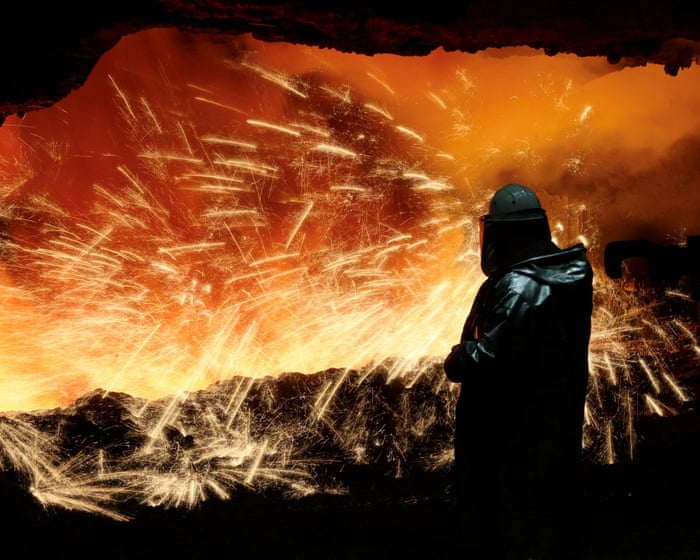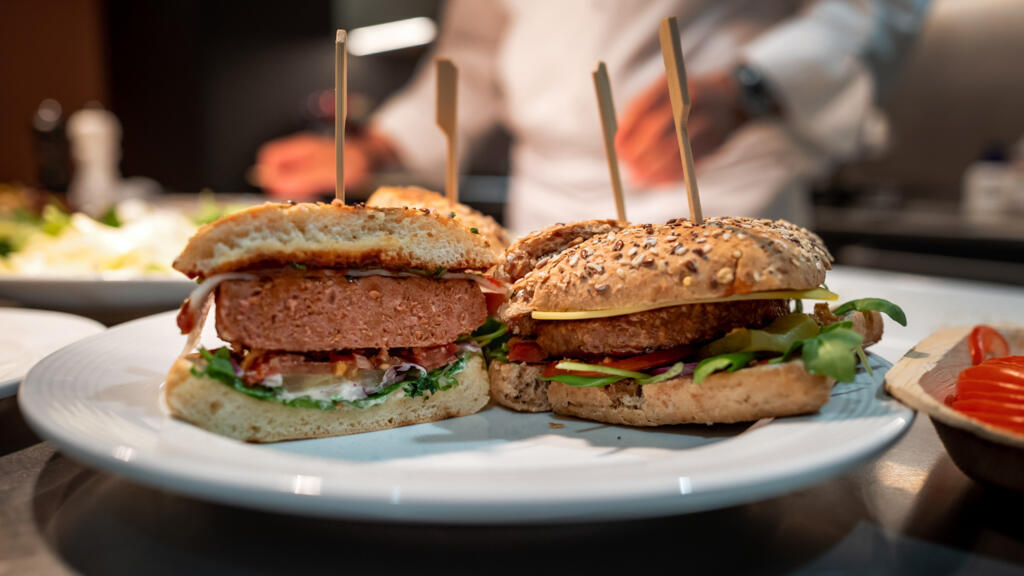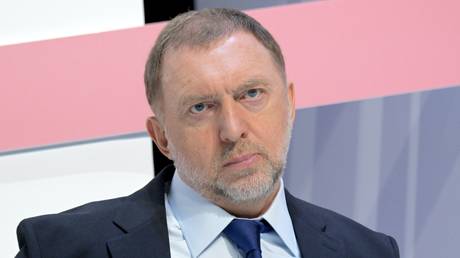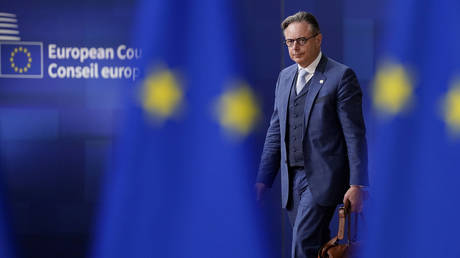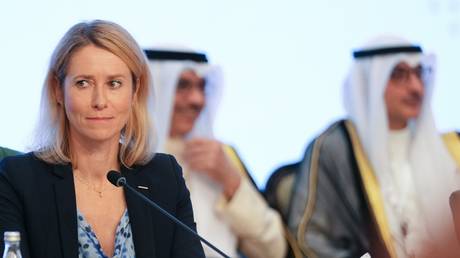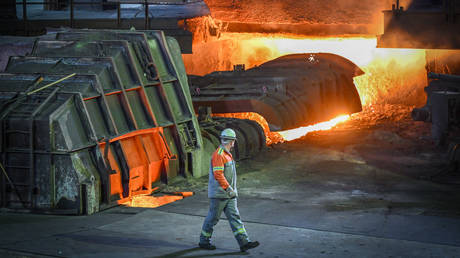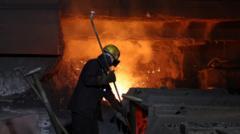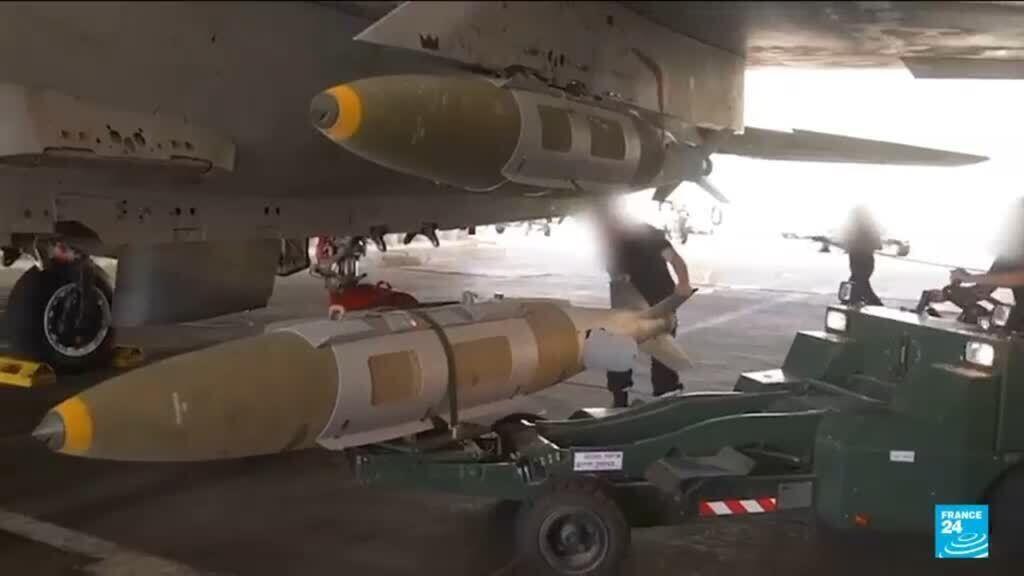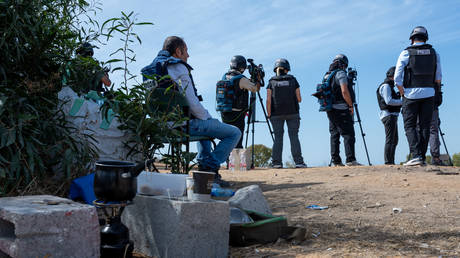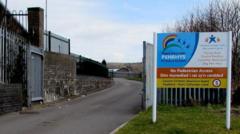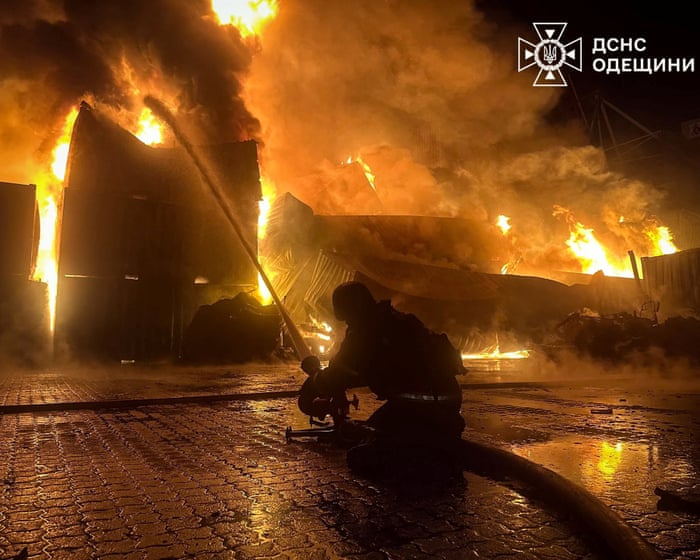What the EU's new biometric border rules mean for non-EU travellers
PositiveWorld Affairs
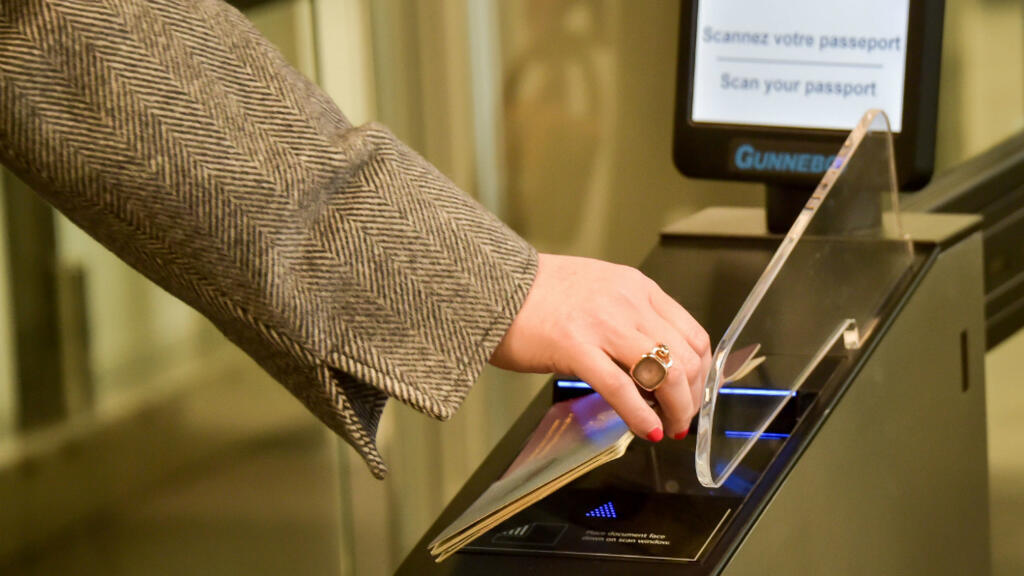
The EU is rolling out a new biometric Entry/Exit System (EES) for non-EU travelers starting Sunday, which will streamline border crossings by eliminating the need for manual passport stamps. This system uses biometrics to create digital records linking travel documents to individual identities, enhancing security and efficiency at borders. This change is significant as it modernizes the travel experience for millions and aims to improve the management of border control in the Schengen area.
— Curated by the World Pulse Now AI Editorial System

